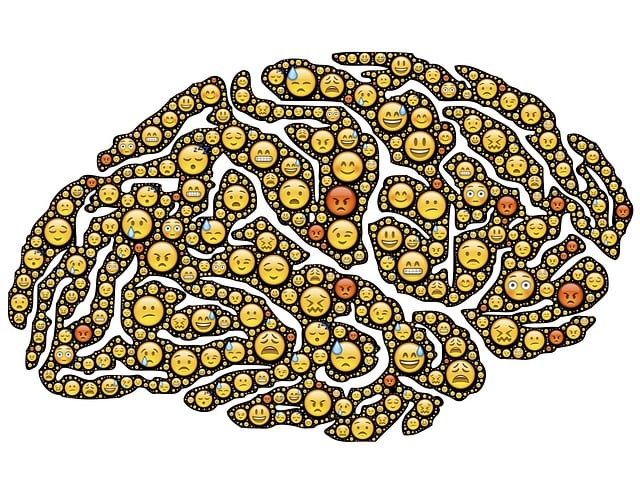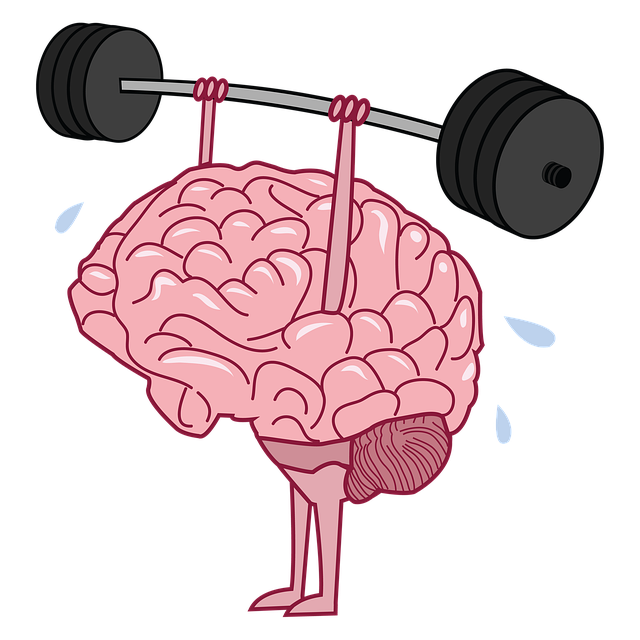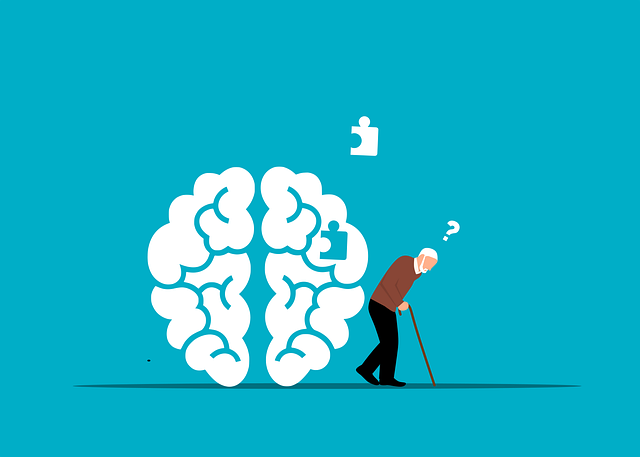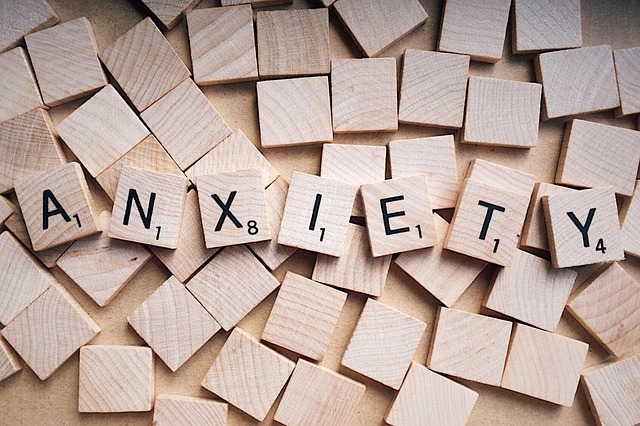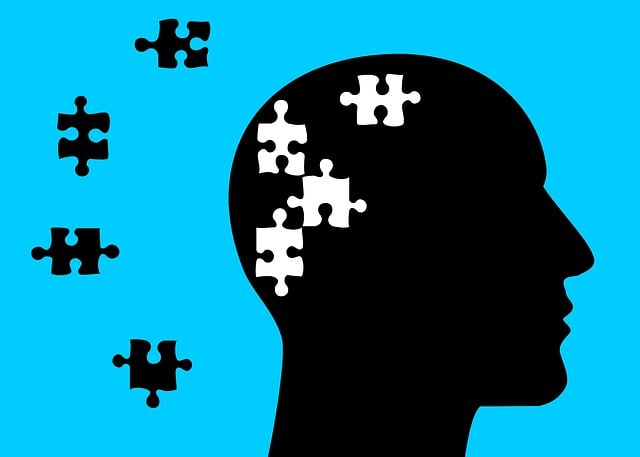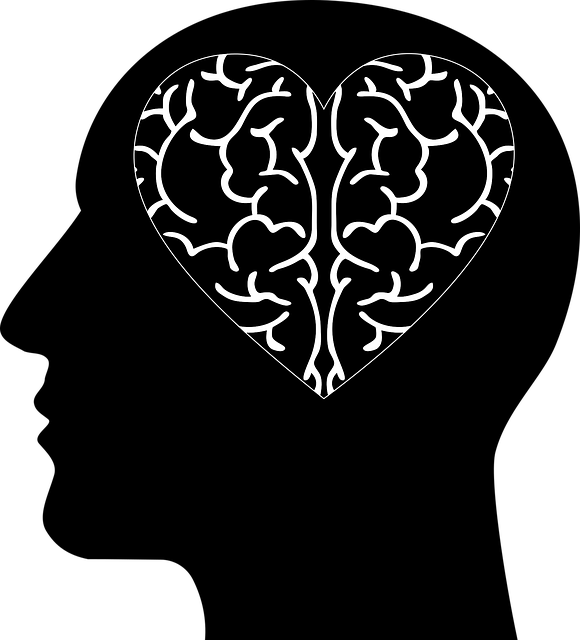Navigating mental illness diagnosis, especially for adults and couples with communication issues, requires specialized therapy for adults and couples. Open communication with therapists builds trust. Couple's therapy addresses interpersonal dynamics, while stress management workshops empower individuals to take charge of their mental well-being. Risk assessment ensures safe care. Podcasts and community outreach programs offer support networks. Effective strategies include open dialogue, active listening, mindfulness meditation, and nonverbal cues, enhancing recovery and improving therapy outcomes.
“Mental illness diagnosis and treatment navigation can be complex, especially for adults and couples facing communication barriers. This comprehensive guide aims to demystify the process, offering a clear path forward. We explore ‘Understanding Mental Illness Diagnosis’ as a starting point, followed by tailored strategies for navigating therapy options. For couples, we delve into overcoming communication issues in therapy. Additionally, discover effective adult communication improvement techniques within treatment. Maximize your mental health journey with these essential tools and insights.”
- Understanding Mental Illness Diagnosis: A Comprehensive Guide for Adults
- Navigating Therapy Options for Couples with Communication Issues
- Effective Strategies for Adult Communication Improvement in Treatment
Understanding Mental Illness Diagnosis: A Comprehensive Guide for Adults

Mental illness diagnosis can seem like a complex labyrinth, but with proper guidance, individuals and their loved ones can navigate this challenging terrain. Understanding the process involves familiarizing oneself with the various mental health conditions, their symptoms, and how they are evaluated. A comprehensive guide should cover different types of assessments, from clinical interviews to psychological tests, ensuring a thorough evaluation.
For adults seeking therapy, open communication is key. Discussing feelings, thoughts, and experiences with a qualified therapist fosters trust and facilitates effective treatment planning. Couples therapy, in particular, focuses on interpersonal dynamics, addressing relationship issues that may contribute to or exacerbate mental health challenges. Incorporating stress management workshops and adopting Mind Over Matter principles can empower individuals to take control of their mental well-being. Additionally, organizations prioritizing risk assessment for mental health professionals ensure safe and competent care.
Navigating Therapy Options for Couples with Communication Issues

Navigating therapy options for couples experiencing communication issues can be a complex task, especially when one or both partners struggle with mental health challenges. In such cases, seeking specialized help is essential. Many adults in relationships find themselves caught in a cycle of misunderstandings and conflicts due to unaddressed communication barriers. These obstacles may stem from various mental health conditions, including anxiety, depression, or trauma, which can significantly impact the couple’s ability to connect and resolve issues together.
The process of finding suitable therapy for adult couples with communication problems involves careful consideration. It is recommended that individuals first undergo a comprehensive risk assessment for mental health professionals to gauge their current state and identify any potential risks or contraindications. This initial step ensures that therapists can tailor their approach, creating a safe and supportive environment conducive to open dialogue. Engaging in a Mental Wellness Podcast Series Production can also offer valuable insights into managing communication issues within relationships, while Community Outreach Program Implementation initiatives may help couples access relevant resources and support networks.
Effective Strategies for Adult Communication Improvement in Treatment

Effective communication is a cornerstone for successful mental health treatment. For adults struggling with depression or other conditions, improving conversation skills within therapy sessions and between sessions can significantly enhance their recovery journey. One key strategy involves encouraging open dialogue where individuals feel safe to express their thoughts and emotions freely, fostering a collaborative environment. Therapists should model active listening, paraphrasing sentiments, and asking clarifying questions to ensure understanding. This not only helps in identifying underlying issues but also makes the individual feel heard and validated.
In addition to therapy sessions, promoting self-care practices like mindfulness meditation can complement communication efforts. Mindfulness encourages present-moment awareness, helping individuals better understand their emotions and triggers. Effective communication also extends beyond words; nonverbal cues, such as maintaining eye contact, using appropriate body language, and expressing empathy through facial expressions, play a vital role in conveying support and understanding. Integrating these strategies can facilitate improved adult communication, enhance therapy outcomes, and ultimately contribute to effective depression prevention and stress management.
Mental illness diagnosis and treatment navigation can be complex, especially for couples facing communication barriers. By understanding mental health conditions and utilizing effective communication strategies, individuals and partnerships can enhance their therapeutic journey. This article has provided valuable insights into navigating therapy options, including specific guidance for adults and couples dealing with communication issues. Incorporating these strategies can improve access to quality care, fostering healthier relationships and improved mental well-being. For those seeking further support, exploring personalized therapy for adults and couples is a crucial step towards healing and growth.
